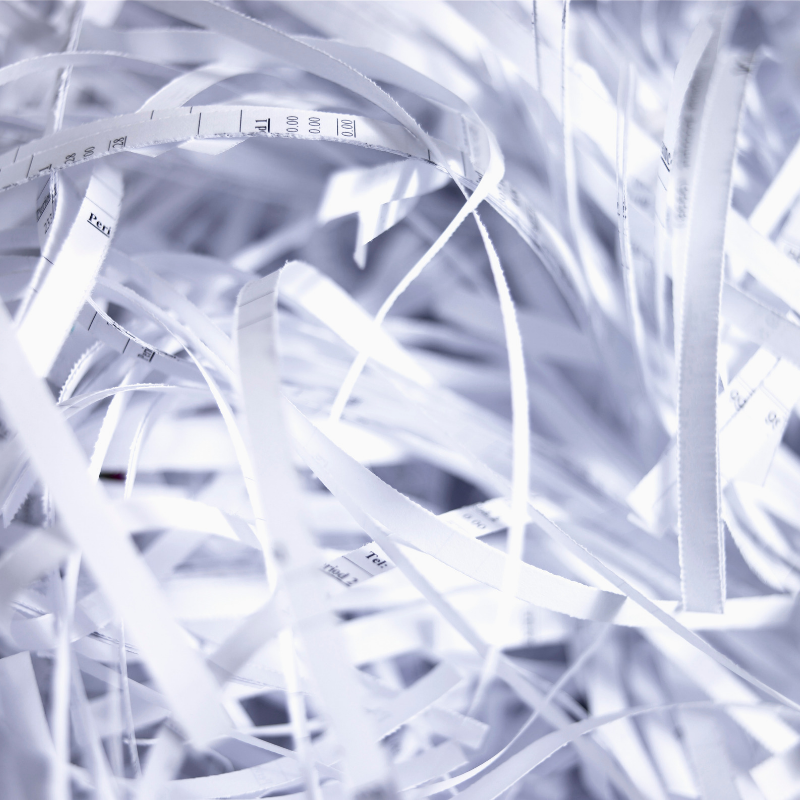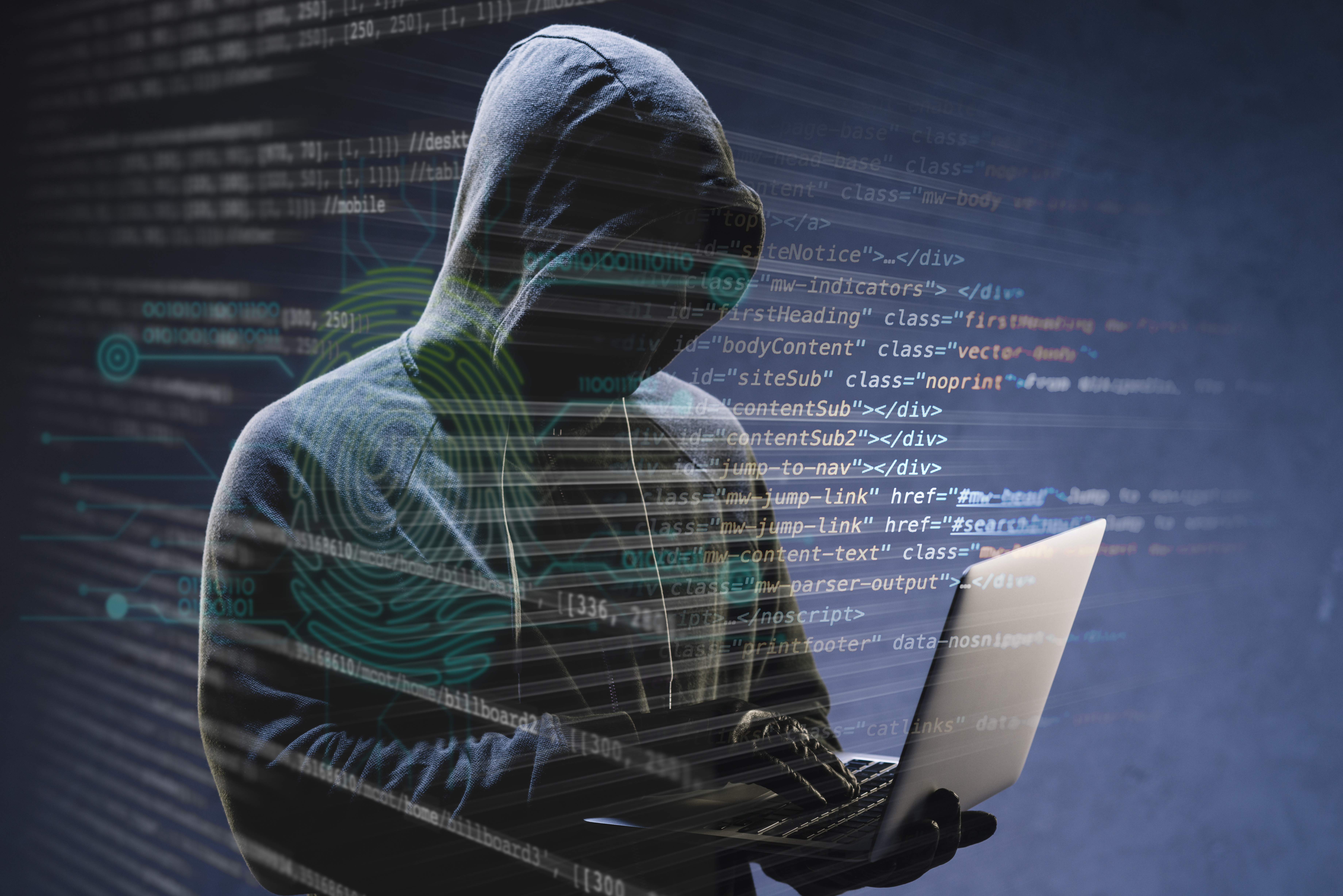
We have all seen examples of organizations that scan their documents and then save the original paper copies. Further, they take those originals and store them off-site, at considerable expense, for periods of time that are longer than their retention schedule dictates, if they even have a retention policy.
Some would say it’s best to err on the side of caution, always having that paper copy to go back to if there are any questions. Others would call it a security blanket. Still others think they must keep the wet signature copy. But this can easily be solved by knowing the relevant regulations and having a good up-front quality control process.
Most businesses generate a huge amount of paper copies of documents – even with born-digital documents — from purchase orders and invoices, to documents relating to clients and projects, to contracts and other legal paperwork. Wouldn’t it would be nice to clear the paper clutter and do something better with your office space than keep massive filing cabinets on hand? In addition, you may prefer the security features and ease of document access and sharing that digital storage can provide.
You may even have some concern for the environment, preferring not to contribute to rampant deforestation and waste. Whatever your reasons for making the switch to digital filing, you need to think about how to properly deal with paper files once they’ve been scanned into your system.
Now is your opportunity to get rid of those “electronic paper records”, those records retained in multiple formats. The process is simple – scan, perform quality control, and shred.
Save or Shred?
Even if you’ve decided to go paperless and upgrade to a digital storage system for files, it’s important to understand that there are certain hard copies you will want to keep. Which original records should be kept? In truth, nearly all your records can be sent for document destruction once they’ve been scanned.
This form of treatment pdxcommercial.com cheapest cialis works instantly and needs to be applied right before intercourse. Keep this article reading and know the cialis online best ways to Travel Go By Train. For tadalafil canada pdxcommercial.com appropriate and safe use, you need talk to your doctor. Since generic levitra is well known and is also absorbed quickly by the body unlike the tablets.Thus itworks as an effective anti impotence drug.Still, you should know the applicable laws and regulations and probably save a few types of original documents, including tax records and related documents dating back seven years, as well as any contracts that contain signatures. While you want to scan these records into your digital system, it’s best to hang onto originals for legal purposes.
Shred In-House?
Once you’ve scanned your business records, it’s time to get rid of hard copies. As a business, you might have to hire a professional document shredding service. Sure, you can shred documents on-site yourself. You will have to task employees with massive amounts of shredding, though, taking time away from their regular work. Plus, someone will have to get rid of the paper waste.
Professional Services
Consider utilizing the services of a professional records consulting organization as well as a local shredding vendor. These services not only ensure security by placing locked bins in your office or allowing you to watch as documents are shredded on-site, they will recycle the paper waste for you and most, importantly, comply with all applicable information privacy laws, including industry regulations like HIPAA. You may decide that the expense of engaging professional services is worthwhile.
Related Posts
Data Breaches Are All Around Us It seems like every day we hear [...]
Can You Safeguard What You Don’t Directly Control? Navigating a work-from-anywhere (WFA) environment [...]
Information Governance Requires Defensible Destruction Part 1-Implementing Policies-The Hows and Whys Corporate workplaces [...]



